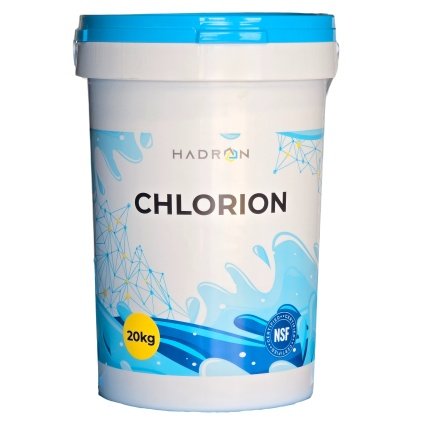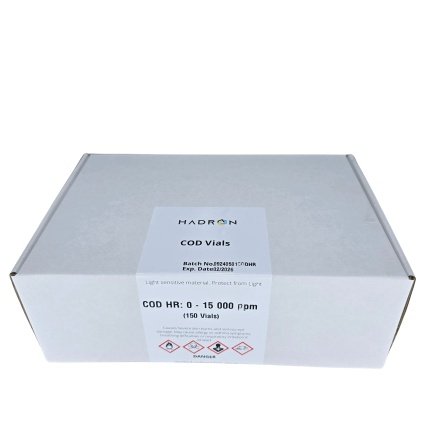

Standard Shipment
3 - 5 working days
IMPORTS
6 - 8 Weeks


R1,585.0025Kg
Chlorine chips are a critical component used in the treatment of both potable and waste water. Their primary role is to disinfect, ensuring the elimination of harmful pathogens and maintaining water quality.
| Weight | 25.16 kg |
|---|---|
| Dimensions | 33.6 × 32.5 × 40.1 cm |
Chlorine chips play a key role in water treatment. These white chips introduce chlorine into both potable and wastewater systems. Their solubility ensures controlled chlorine dosing, which is crucial for maintaining water quality.
Chlorine chips act as a powerful disinfectant, eliminating harmful pathogens like bacteria and viruses. Their oxidative properties break down organic matter, making them highly effective for water disinfection. This becomes especially important in wastewater treatment, where contaminants are more common. In potable water, chlorine help ensure drinking water meets safety standards.
Key advantages of chlorine chips include:
Following industry standards is essential. Agencies like the EPA provide guidelines for safe and effective use. Adhering to these helps maximize benefits and minimize risks.
Chlorine chips are essential for disinfecting potable water by killing harmful pathogens. The process starts by dosing calculated amounts into the water supply, ensuring it meets safety standards set by health organizations.
Key factors for effective disinfection:
Compliance with safety regulations is vital. The EPA sets permissible chlorine levels to protect public health. To reduce risks like disinfection byproducts (DBPs), treatment facilities use advanced techniques that minimize DBP formation while ensuring thorough disinfection.
Chlorine play a critical role in providing safe, clean water. Understanding dosing, regulatory requirements, and health concerns helps treatment facilities deliver high-quality drinking water.
Chlorine chips are critical in wastewater treatment, especially during disinfection. Treatment includes primary, secondary, and tertiary phases, where chlorine remove pathogens and improve water quality before discharge or reuse.
In secondary treatment, chlorine chips disinfect water after organic matter is degraded. These chips effectively kill bacteria, viruses, and pathogens. Their stability makes them suitable for various conditions.
In tertiary treatment, chlorine act as a safeguard. They reduce microbial loads and ensure treated water meets health and environmental standards.
Advantages of chlorine chips over alternatives like UV or ozonation include:
Handling chlorine requires strict safety protocols. To ensure safe storage:
Workers must use personal protective equipment (PPE) when handling chlorine, including:
Training employees on exposure risks, like respiratory issues or skin irritation, is essential. In case of spills, follow emergency procedures by evacuating the area and using absorbent materials.
Environmental impacts also require attention. Chlorinated compounds can harm aquatic ecosystems. To minimize risks, facilities should:
These steps help reduce chlorine’s ecological impact while ensuring its benefits in water treatment.


3 - 5 working days
6 - 8 Weeks
No account yet?
Create an AccountWe use cookies to provide you with the best possible web experience. Clearing cookies may limit your banking functionality. Some cookies are strictly necessary for our website to function properly and cannot be switched off. To maintain these settings view "Cookie Preferences" in the menu